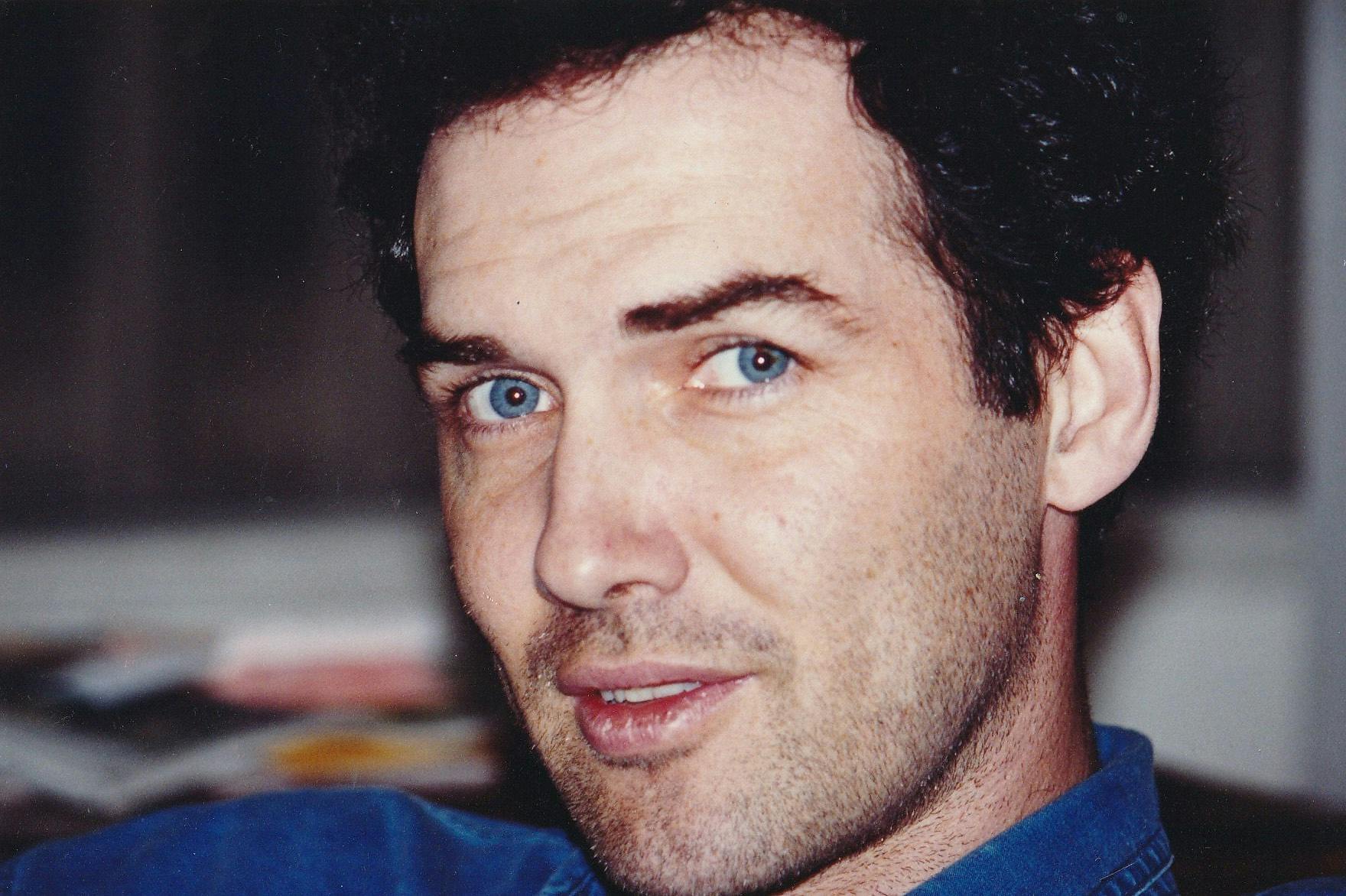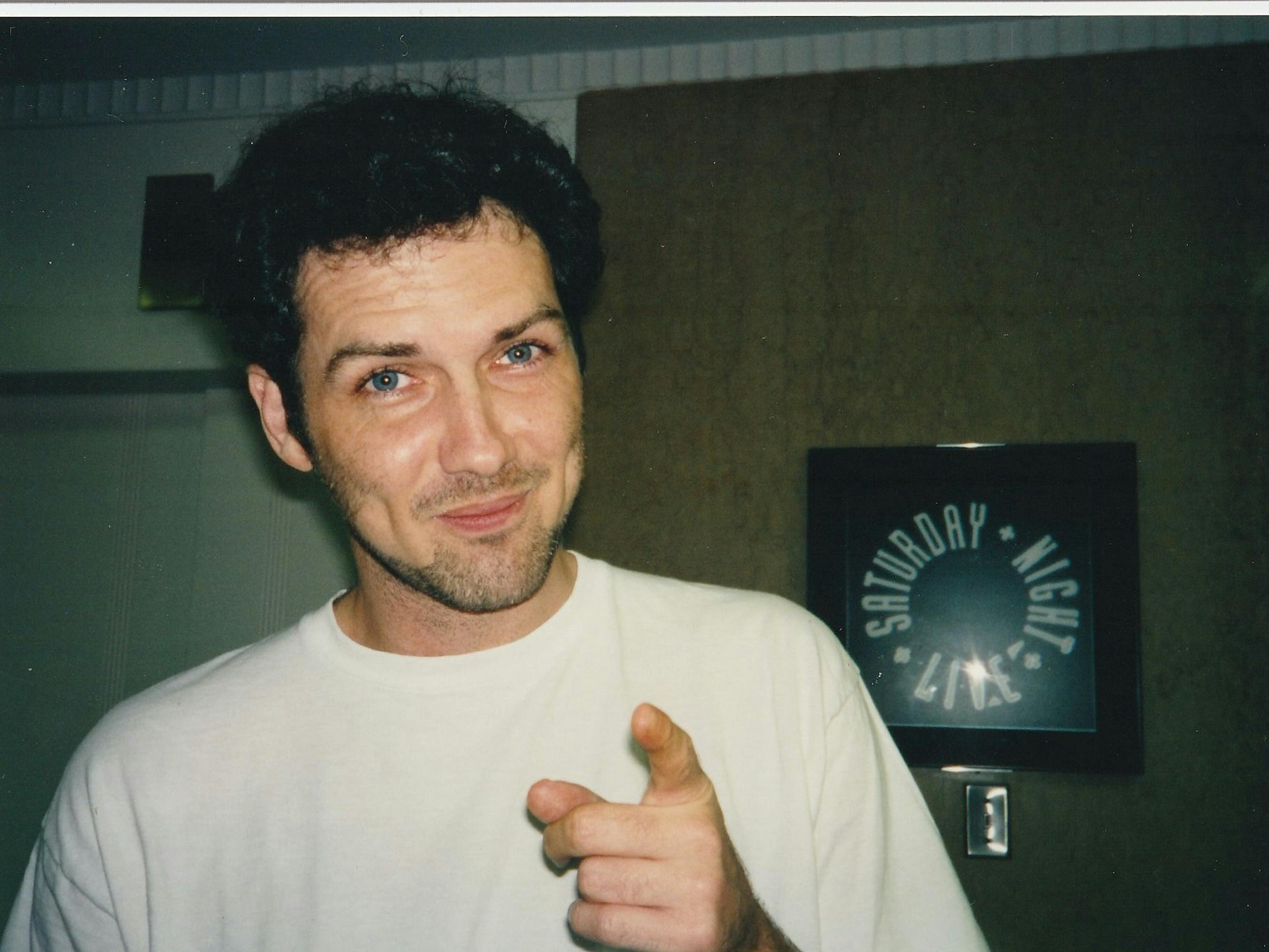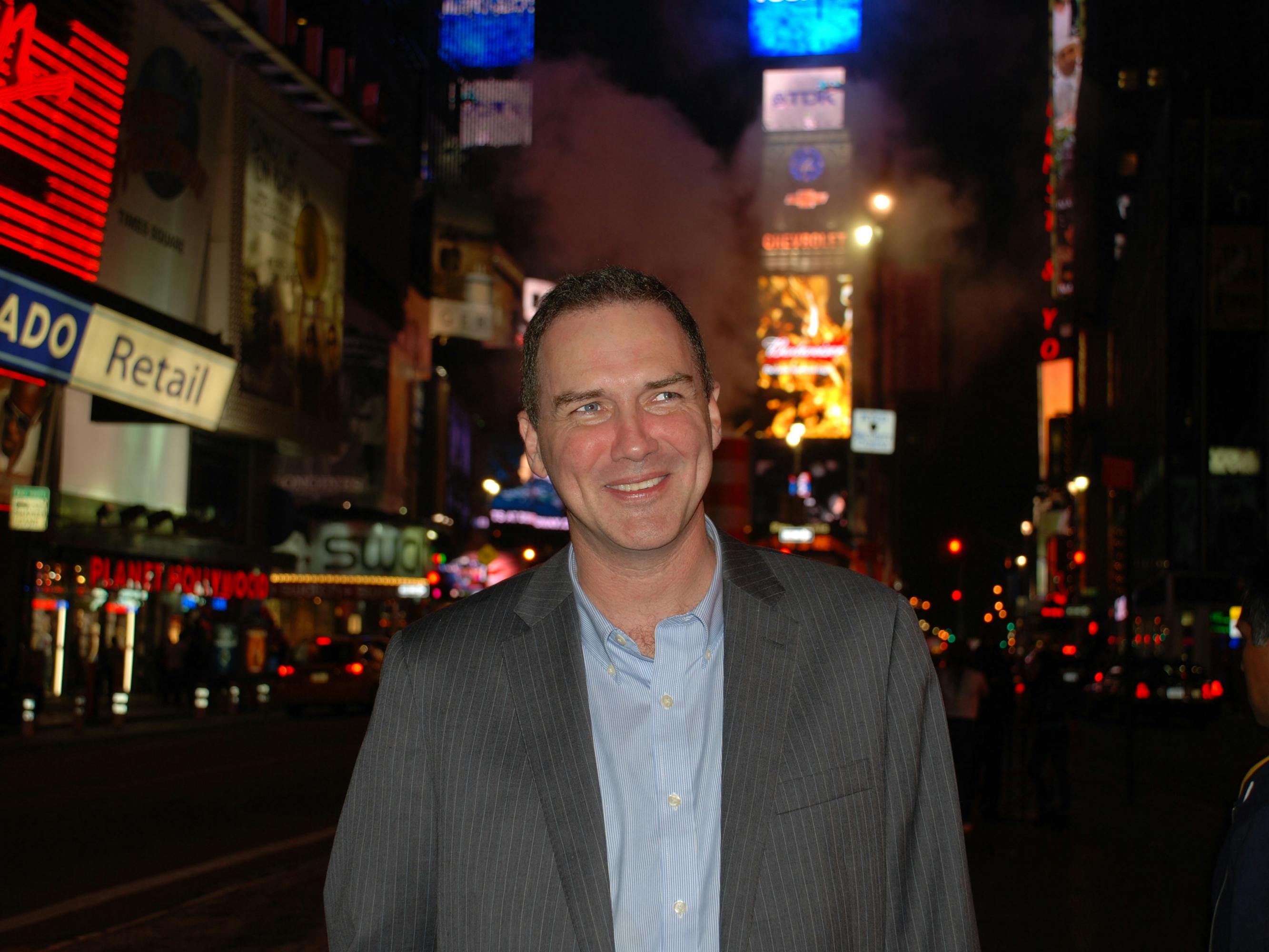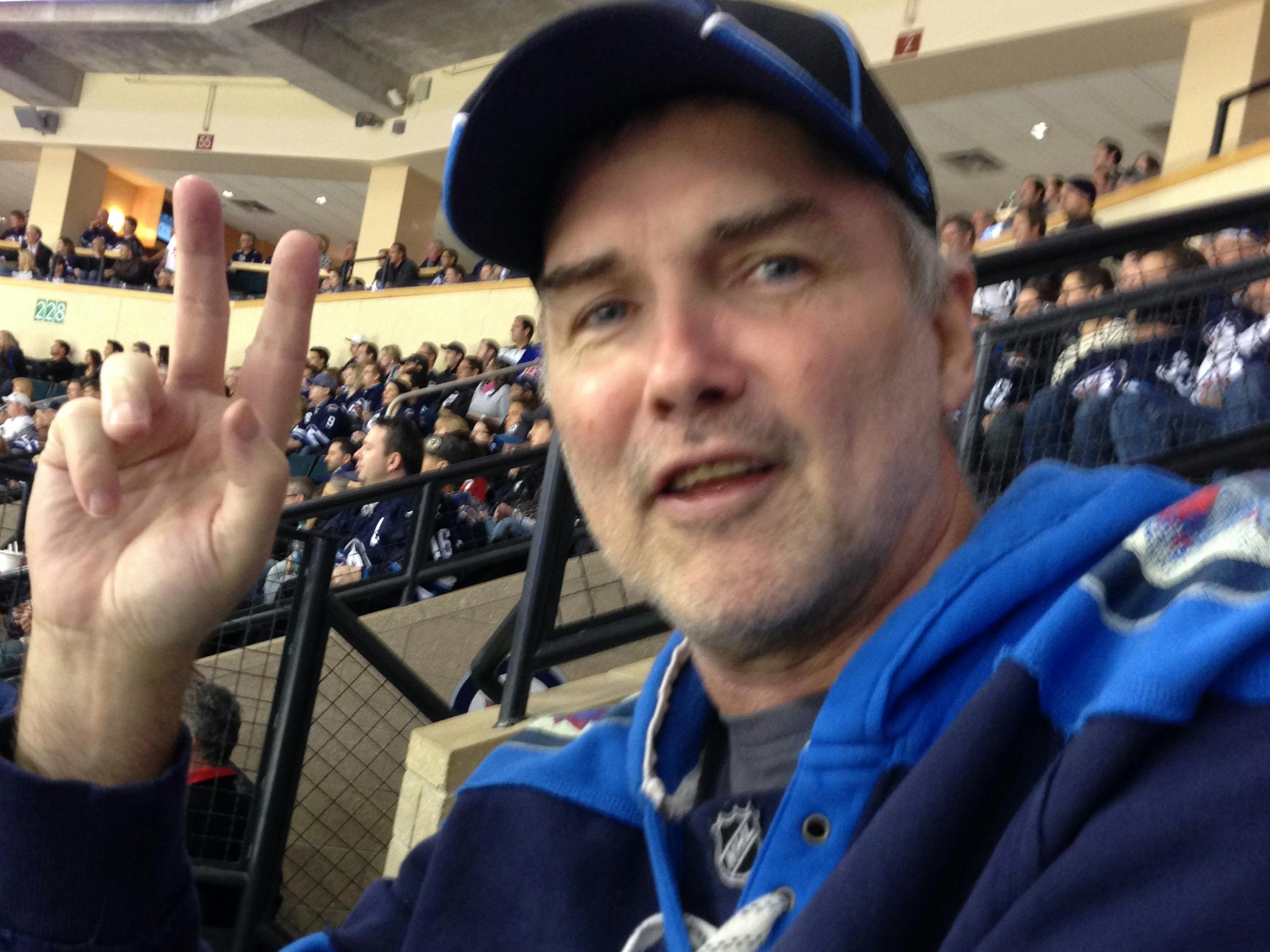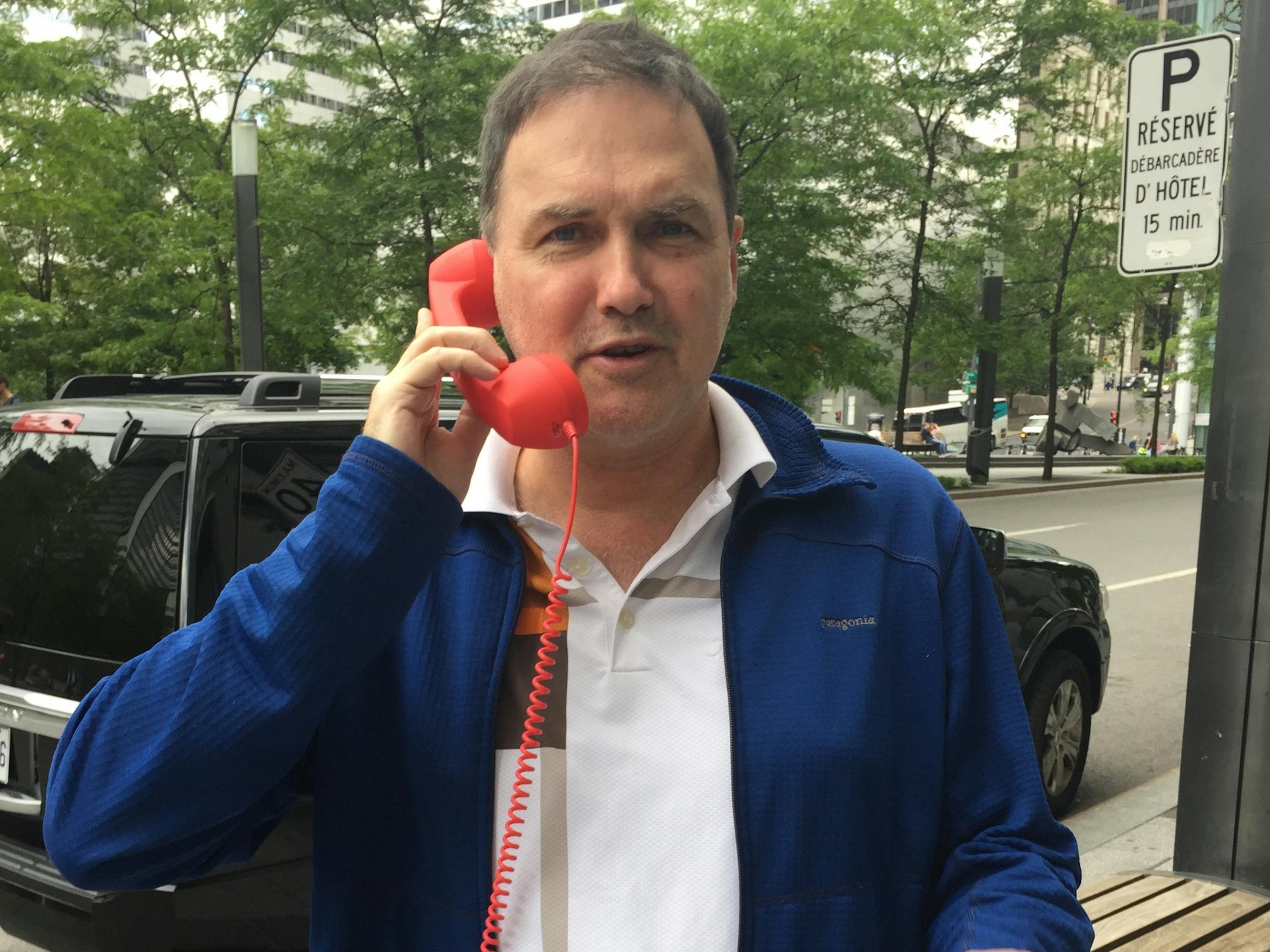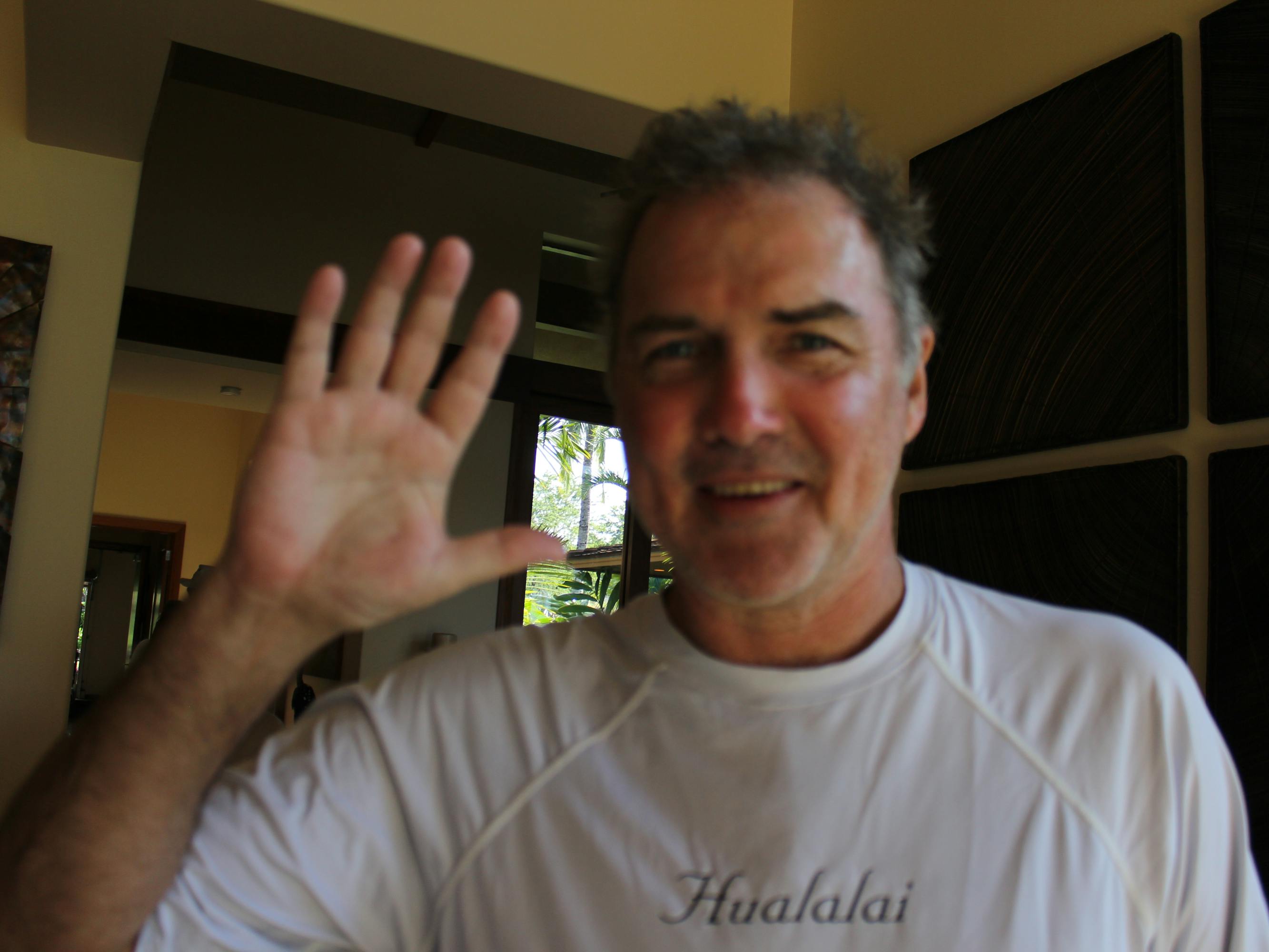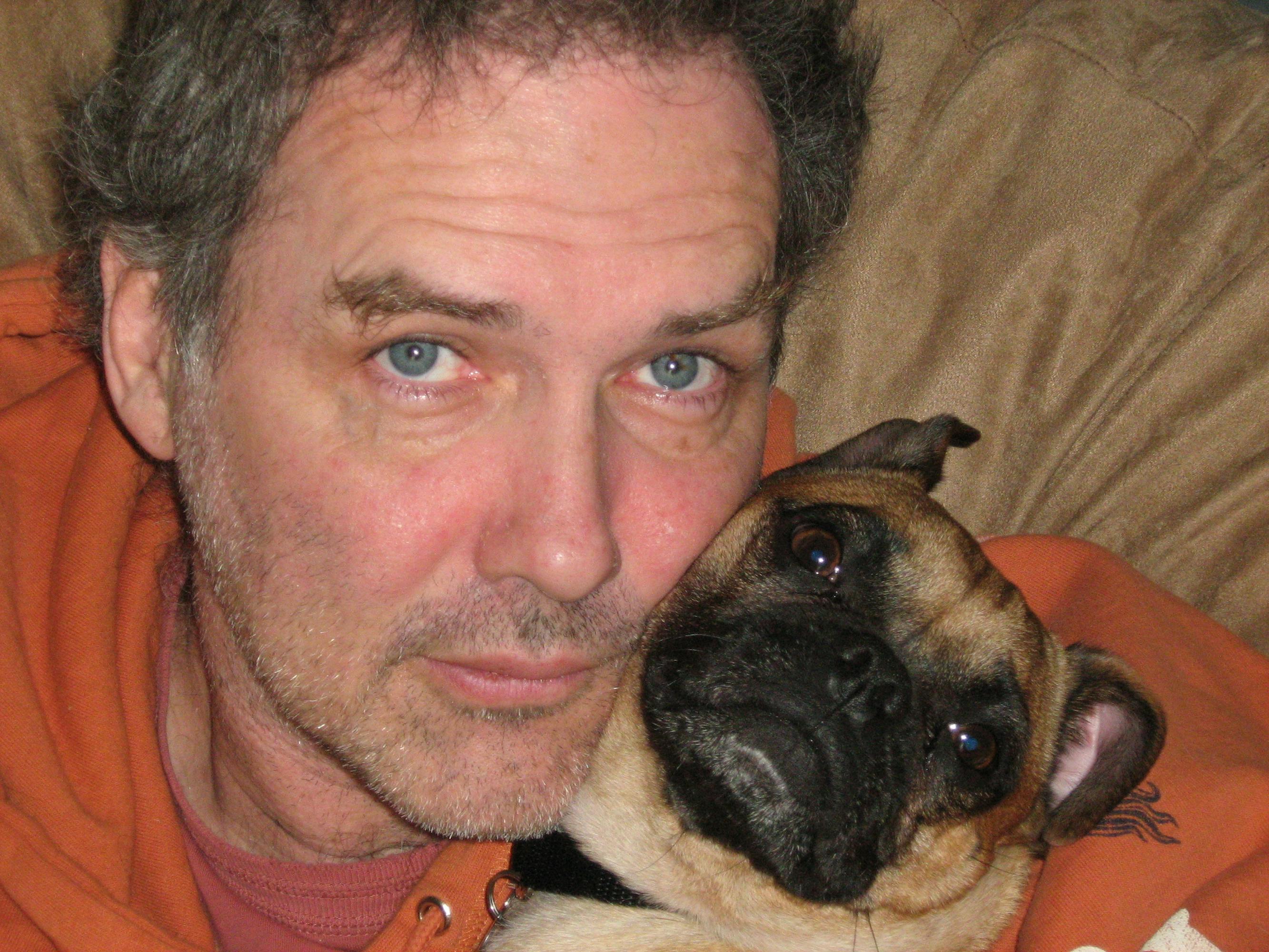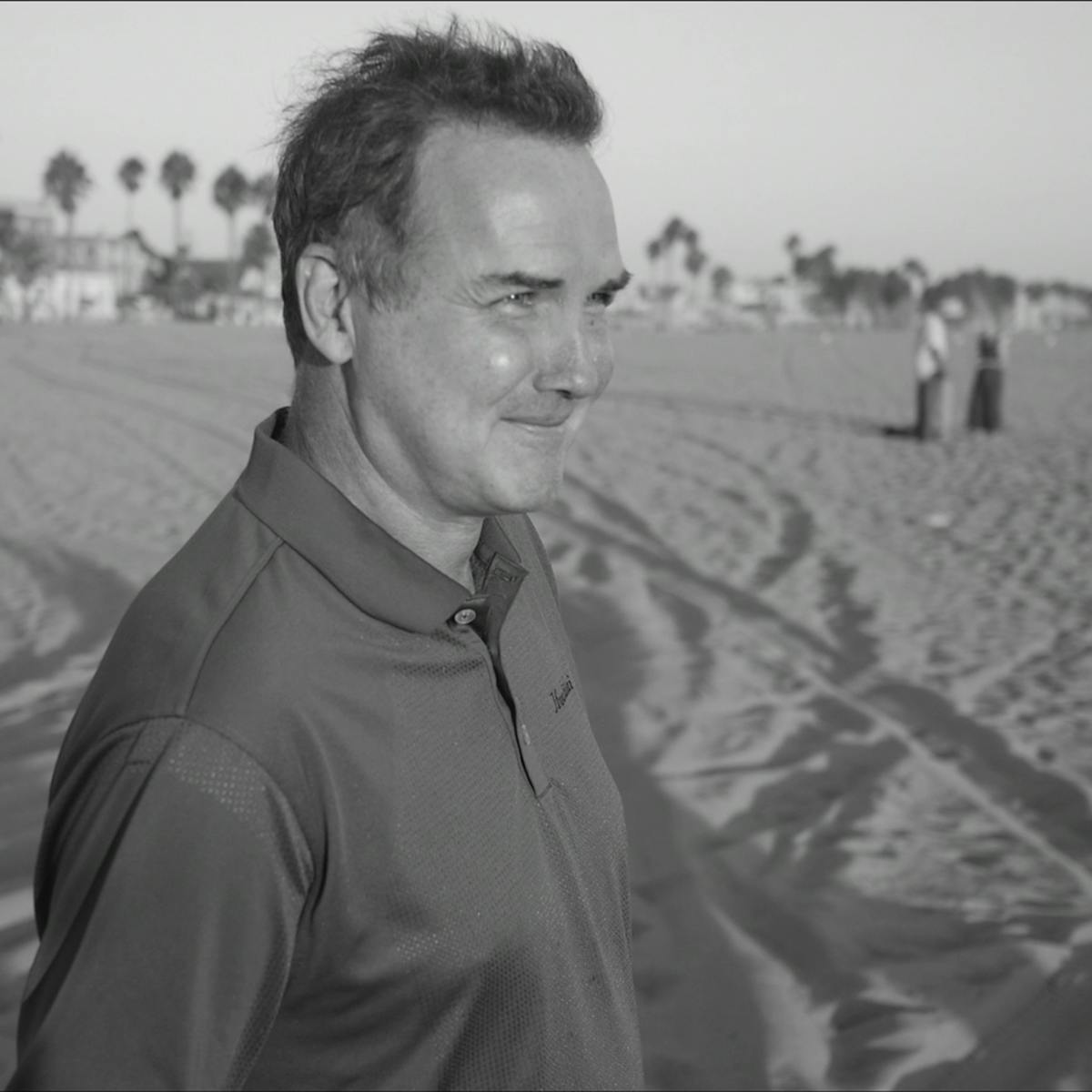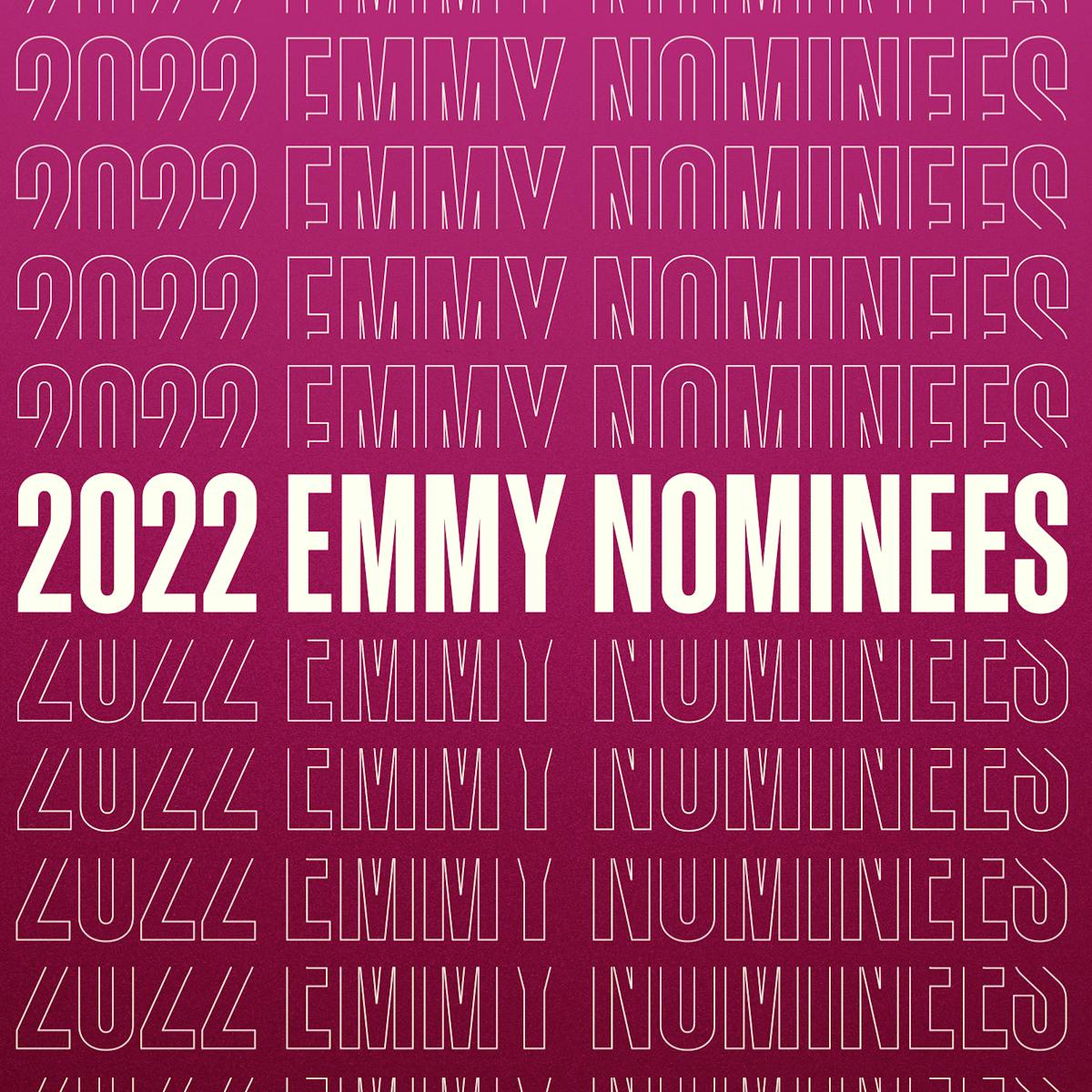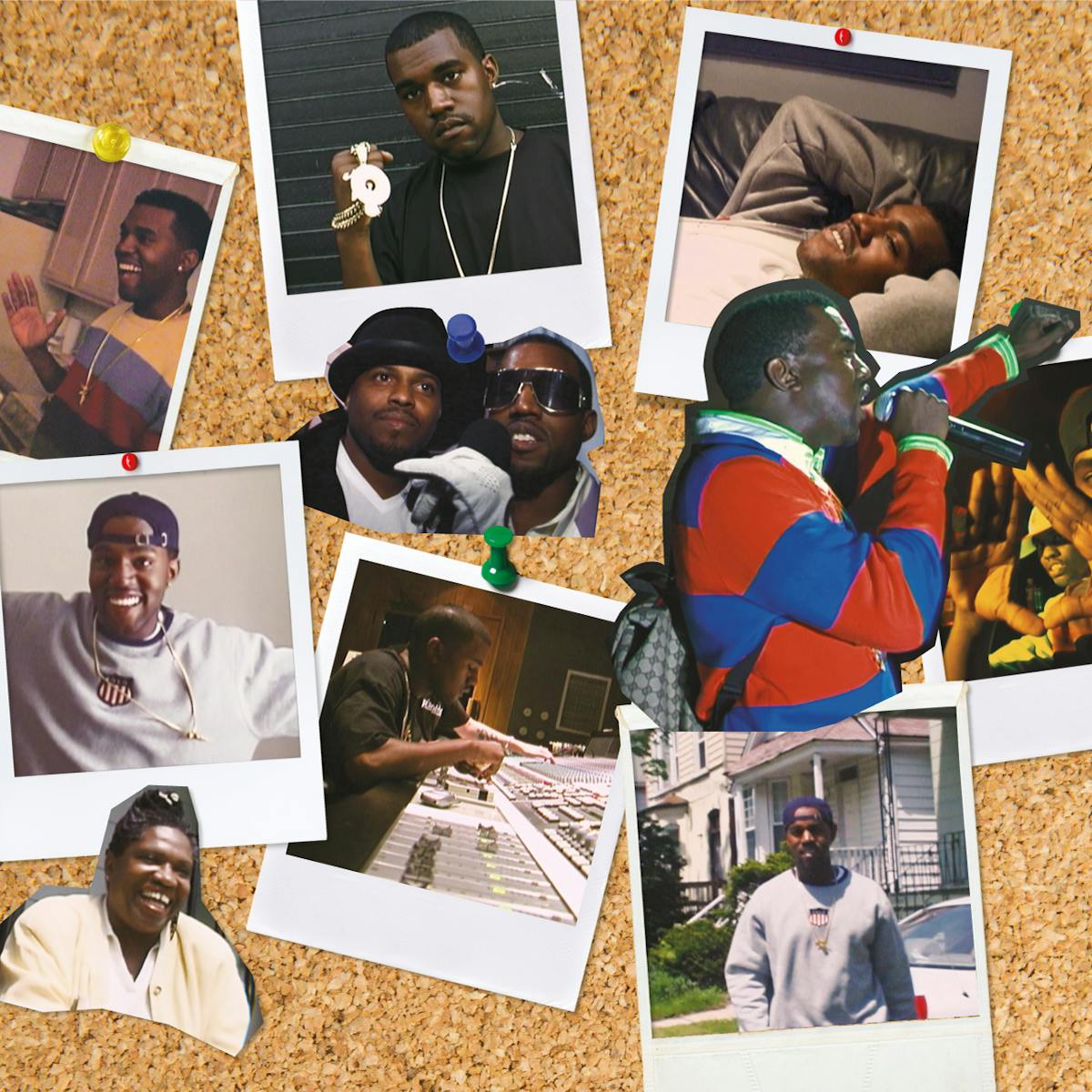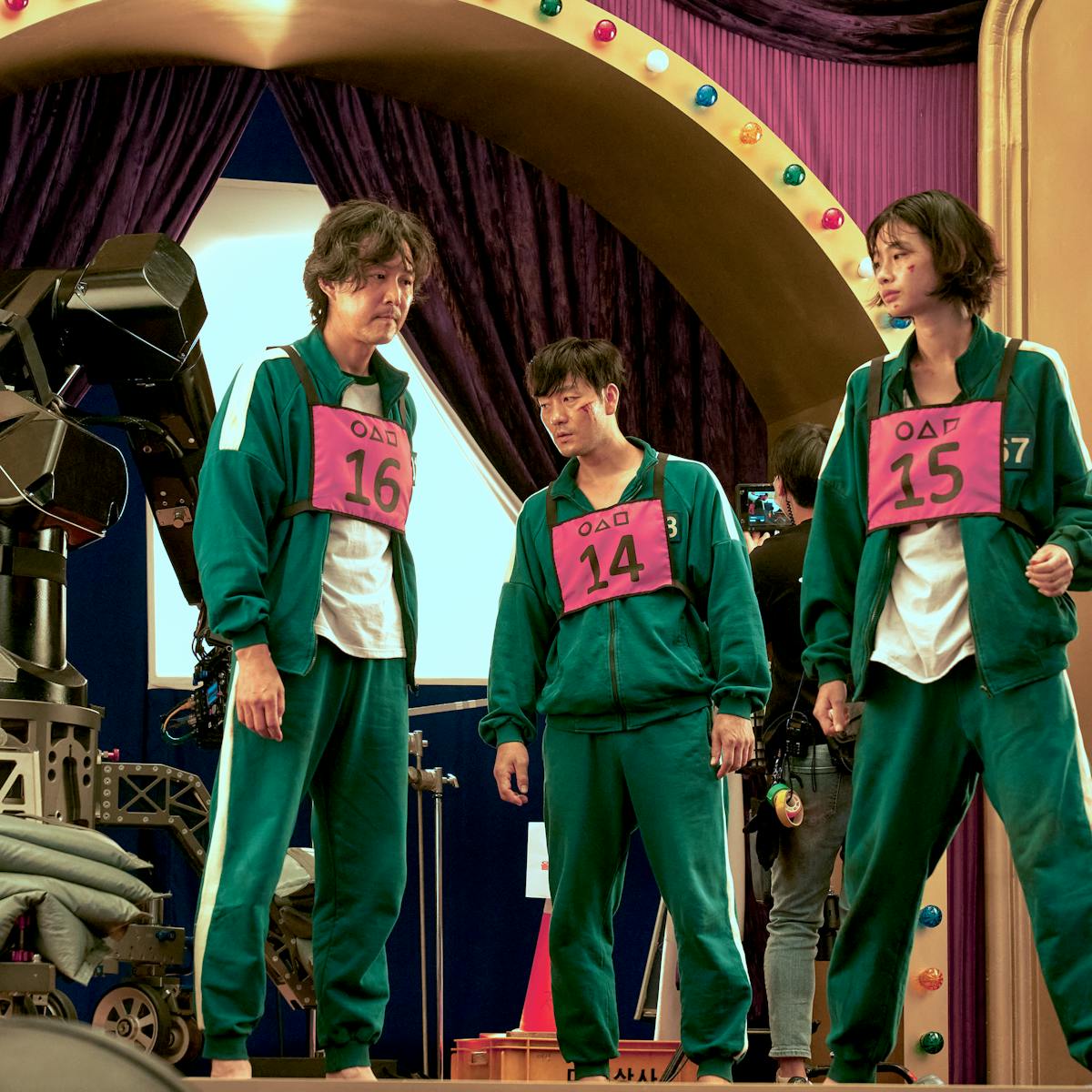Lori Jo Hoekstra, executive producer of Norm Macdonald: Nothing Special and longtime friend of the comedian, discusses his posthumously released, Emmy-nominated special.
Comedian Norm Macdonald was a bit of an enigma. There was a timelessness to the dead-pan delivery he perfected while hosting Saturday Night Live’s weekend update in the 90s, but Macdonald was also a trendsetter, coining now ubiquitous terms like “fake news” and “note to self” and even live-tweeting the Oscars back in 2011 — back before “live tweeting” had a name. After leaving S.N.L., the Canada-born comic kept audiences laughing through films like 1998’s comedy Dirty Work and went on to host his own sitcom, The Norm Show (later simply Norm), numerous talk shows, comedy specials, and acting roles, and was a favorite guest of late-night host David Letterman, who was one Norm’s biggest fans and longtime heroes .
When, in September 2021, Macdonald passed away from cancer at the age of 61, his friends rallied to share memories of him. And when Norm Macdonald: Nothing Special was released nearly a year after his death — the comedian had filmed his special on a laptop with the hopes of performing it for an audience one day — friends Conan O’Brien, Adam Sandler, Dave Chappelle, David Spade, Molly Shannon, and David Letterman gathered to watch and film a tribute to the comic, included in the special. “He had the best word choice of any comedian I’ve ever seen. He was like Mark Twain,” O’Brien remarks. “He had this folksy [cadence], completely out of time — I don’t know if he was born 300 years too late or 300 years too early, but nobody speaks like that. You really appreciate the way he says things and his timing.”
To learn more about Norm Macdonald: Nothing Special, Queue spoke with the comedian’s longtime friend, collaborator, and executive producer on Nothing Special, Lori Jo Hoekstra. Sitting in the same location where Macdonald filmed his now three-time Emmy nominated special, Hoekstra lovingly recalled her time with Macdonald. Life tends to imitate art, and as we were talking, Hoekstra’s phone rang, instantly reminding us both of Norm’s answering his own phone during his special.
Throughout our conversation, Hoekstra emphasized Macdonald’s brilliance, but she especially wanted audiences to know about his caring nature. “I mean, it’s going to sound just so scripted, but Norm was incredibly kind and generous,” she says. “Everyone’s talking about his career, what he meant in comedy, but in his personal life, he was just a kind person that literally wouldn’t hurt a bug — and I’m not exaggerating, he would capture and release. So that’s just a kind, kind heart. And maybe sometimes his persona didn’t show that.”
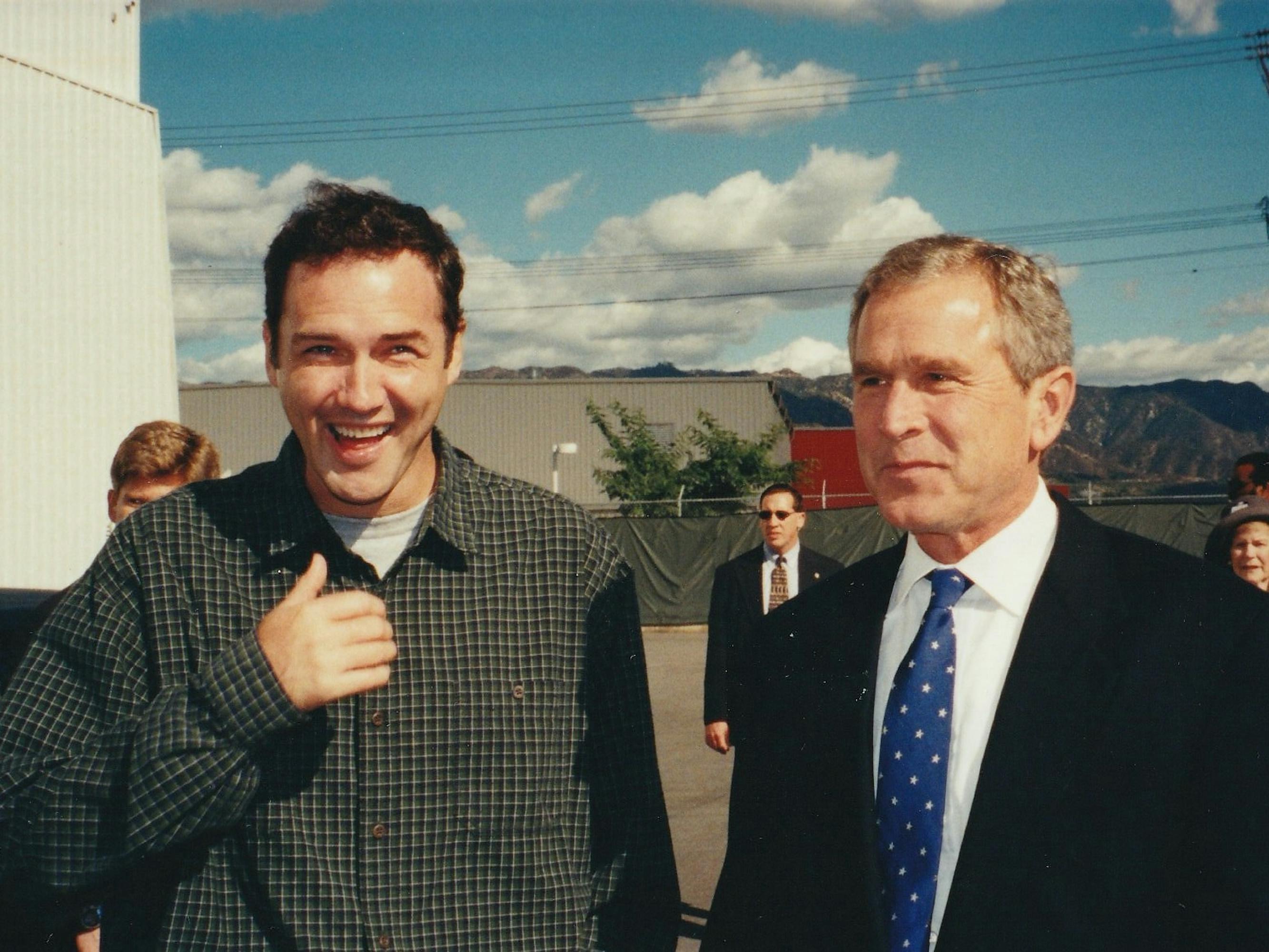
Norm Macdonald and George Bush
Miranda Tsang: Can you talk a little bit about how you met Norm, and how you started working with him?
Lori Jo Hoekstra: I actually met him at Saturday Night Live. I was already working there when he started. He was hired as a featured player and a writer, and I was an assistant researcher in the writer’s room. So I was there with the writers; if they were there, I was there. And then when he got the job hosting Weekend Update, I coordinated for the first year, and I produced it after that. For the next two and a half years, I produced Weekend Update with him. And then, he was fired in an odd fashion, mid-season. I stayed through the remainder of that season and then came out to L.A. and have worked with him and was his producing partner ever since.
Do you remember meeting him?
LJH: I do. I can absolutely even picture it. We used to go on retreats in the beginning of the year, the Saturday Night Live staff did, to a place called Mohonk that was in upstate New York. And I was out here in L.A. working with [screenwriters and producers] Bonnie and Terry Turner on Wanyne’s World, and I actually got to New York late to go to Mohonk, so I ran up to the office and we had to load the bus shortly after. And I remember vividly Norm trying to figure out the whole process of getting to the bus to go up to Mohonk. And that’s when I first met him, at the office, right before going on our retreat.
Do you have any particular memories you’d want to share about working with Norm?
LJH: This is an interesting question because they’re just so incredibly vast, my memories, the spectrum that they cover between professional, personal events, and his standup, which was his career that I was not a part of. There are too many to pinpoint a favorite memory. I thought about it quite a bit, and believe me, there are just so many. To try to bring our history down to a memory or two wouldn’t even be possible.
That makes sense. I mean, you knew each other for a long time, right? How long would you say?
LJH: I met him in ’93. Yikes. Yeah. I try not to do the math on that one.
Norm had such a long career in comedy and was beloved by so many people — he had a classic style that could have been from another time and still would’ve fit. What do you think contributed to his longevity?
LJH: When you were asking that question, it’s something that had never occurred to me, but it is so true that his style is a timeless style, and he has an old-fashioned quality about him, but at the same time, he was always just way ahead of everyone else. So it’s such a unique combination of those two things. There are so many things that he did before it was accepted, and now it’s just kind of standard. Topics he would hit maybe weren’t looked at positively when he did it, but now [they’re] almost hack and common that people are doing it. So yeah, I think a quality about him that stood out definitely is that he did the comedy he wanted to do, the comedy he loved to do. He was always so true to the comedy.
In the tribute portion of the special, Conan O’Brien and David Spade talk about how he just would go up and tell the jokes he wanted to tell, even if he knew they would bomb.
LJH: That’s true.
And that he loved to just have fun telling jokes, even if he knew they wouldn’t be crowd-pleasers.
LJH: Yeah, and he wouldn’t do it, in my opinion, for the sake of wanting to bomb. He would do it because he believed in the joke. And so it wasn’t that he was playing with the audience, hoping to bomb. It was just that his loyalty was to the joke and he believed that it was funny. And I think sometimes he would go on and on and on, ultimately wanting to convince the audience that it was funny. And sometimes it would build to that.
He had a great use of timing and sometimes I would watch him and think, Oh gosh, Norm, you should maybe abort the joke. And he wouldn’t, and he would continue on, and then it would end up killing. He just knew how to finesse it and he would work it, but he had no problem with being up there and bombing. I think he knew that was part of the routine that you had to do to get a joke to work.
That’s such a great quality to have. I mean, I guess it’s necessary if you’re a comedian.
LJH: I couldn’t, I would run. I would be running. But I mean, he greatly, greatly, greatly cared about his audience. If a comedian can stand up there and bomb for as long as they can, it might seem as if they don’t have a high regard for the audience, but he absolutely did. And that’s kind of a transition into just saying how he loved all of his fans. He spent so much time with them. He never rushed, after a show, to leave. He spent as much time after the show as he would during the show and would never leave without signing that last autograph that needed to be signed. And if somebody came up to him at a restaurant, he always took time to talk to people. That meant a lot to him.
He trusted the audience enough that even if something wasn’t working the first time, he would be patient with them until they came around to his side. Let me just try this again a little bit differently and eventually they’ll get it.
LJH: That’s exactly right. It’s almost like a parent that’s having faith that the child will eventually get it. We’ll come from a different approach this time; you’re going to learn, but I’ll try a different approach. Yeah.
In the beginning, right before the special starts, we learn that it was recorded in one take. Can you talk a little about that? I think that’s pretty impressive.
LJH: Yeah. I’m sitting exactly where he was. There was a curtain before, which was actually not even put up there for the special, it was to lock out some sound — it was during COVID, and the neighbors above were kind of loud. But he had worked on that material for a long time. Had there not been COVID, he would have done it in front of a live audience, but he couldn’t. So, he performed it as if he was performing his special. Generally, when comedians do specials, they shoot two different shows, and then they edit the best-ofs of the two together, but Norm didn’t have the opportunity to do that.
Do you know if Norm would’ve done anything differently for a live, in-person recording of the special?
LJH: Well, I know he prepared it and he wasn’t doing it off the cuff. And maybe some of the explanation [in the special] seemed like he was practicing, but he was very deliberate on the set. So, everything that was in the special, everything that he shot, stayed in the special; nothing was edited out. And that was very deliberate because he was very specific on his act, so it would’ve been very close to what you saw. Only he would’ve been on stage, standing and reacting to the audience, but the content itself would’ve been close to what you saw.
But having said that, I don’t know how many times I saw Norm perform — let’s just say hundreds. A lot. I never saw him do the same show twice, ever. Now, he would have a general guideline of what he was going to cover, but it was never the same show. And I’ve seen other comedians enough times that I can almost do their act for them because I know what joke comes next and I know the punchline of the joke and I know how they get there. But with him, it was always a different path that he took. And the guys that opened for him, who saw more shows than I did, would say the same exact thing, that they never saw him do the same show twice. The gist of it would’ve been the same, the structure would’ve been the same, but the path to the end would’ve been different. It’s just different every time for him.
Could you tell me about Norm’s invented wife, Ruth, who’s discussed heavily by the comedians in the tribute? He goes on about her for a while.
LJH: I don’t know what she looks like. I mean, I kind of do. She’s a little older and a little overweight. That’s all I know. Norm has a brother up in Canada who had a girlfriend named Ruth for a while and he just thought that was such a funny name. So I know that’s where the name came from, but I wish I had asked him what she looked like.
What do you think this special would’ve meant for Norm?
LJH: Well, it was so important for him to have his material be seen. I think what it would’ve meant to him, if he had recorded it live, is the same as what it would mean to him, what we ended up showing; it was important to him that his material was out there and not lost.
And for you, what does it mean that Norm was nominated for an Emmy for the first time — and for three Emmy Awards?
LJH: I know. [phone rings] Oh, sorry. Can I just grab this a second? Oh, by the way, that phone call was 100% real in his special. [talks on the phone, hangs up] Okay. Sorry about that. Yeah, the dog bark and the phone call — because somebody asked if it was real — were 100% real. At the end, I asked, “Oh, who called?” It was his brother Leslie, and I almost left that in the edit just to prove that it was legit.
Is this brother with the girlfriend Ruth?
LJH: Yes, same brother. I totally forgot, before the phone rang, what your question was.
I was just asking about the Emmy nominations.
LJH: It gets to me; it means so much, but it’s also obviously bittersweet. I think he knows — we say that, “I think he knows” — but it’s just too bad that he doesn’t know. I actually don’t know how to answer that one because it means so much, but he didn’t do things for the attention or the awards. That’s just not what made him do what he did; it’s not what drove him. So I can’t say it would mean the world to him, but I don’t want to take away what it does mean.
But it means everything to us, to those of us that still love him and want him to get what he deserves. He would have loved the acknowledgment though. I mean, absolutely. 100%. He cared about what people thought, as much as some people might not have thought that, and he wanted to be acknowledged and recognized as the standup that he was.
He made a joke in the special about how people say comedians are the modern philosophers, which made him feel bad for the actual modern-day philosophers. But I do feel like he had a philosophical bent to his comedy. It always made you look at the world in a different way. He approached jokes from such a unique perspective.
LJH: He was very, very thoughtful. He chose his words very carefully and he didn’t just take things at face value. He actually would think deeply into them. He was definitely such an incredibly smart person, so well read and just a deep thinker. He says his dad taught him the importance of critical thinking. He used to say that.
He does talk about his family a lot in the special, too.
LJH: Yeah, he does. And that relationship with his mom was real. He talks about how she has a place near him and she did — she’s up in Canada, but he got her a place nearby [in L.A.] and she would come here in the winters and stay by him. And I was saying he was generous; he was also incredibly smart. There’s part of his intelligence that he never shared. And I wished he had. I just thought it was so incredible.
But he was always ahead of certain things, too. He was the first person to say “fake news”; he had coined the phrase. Before Weekend Update, he’d say, "And now it’s time for the fake news.” He came up with that expression. And the first time he did “note to self,” he took out a recorder, and that had not been done before. There was even an article written about the first time he live-tweeted the Oscars, it came out the next day, with people saying, Norm Macdonald, he was busy on Twitter. He was basically the first person to live tweet because most people wouldn’t have risked their Twitter followers, and now people live tweet all the time. He just started things: he was one of the first guys to have a podcast with video. He’s just a few years ahead of himself all the time. I don’t want to make a joke of it, but even his way of getting an Emmy is . . . Norm just didn’t do things the normal way.
